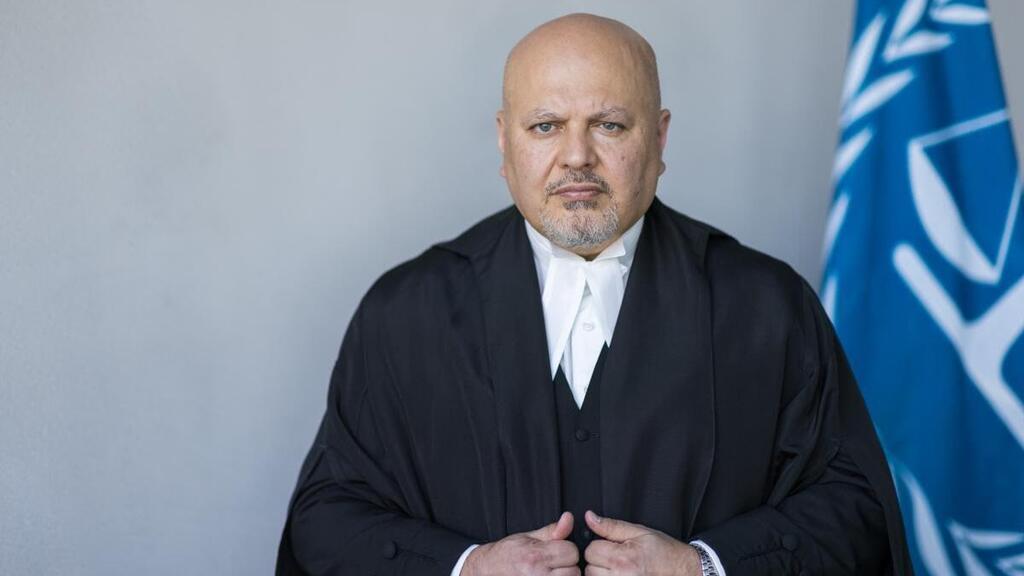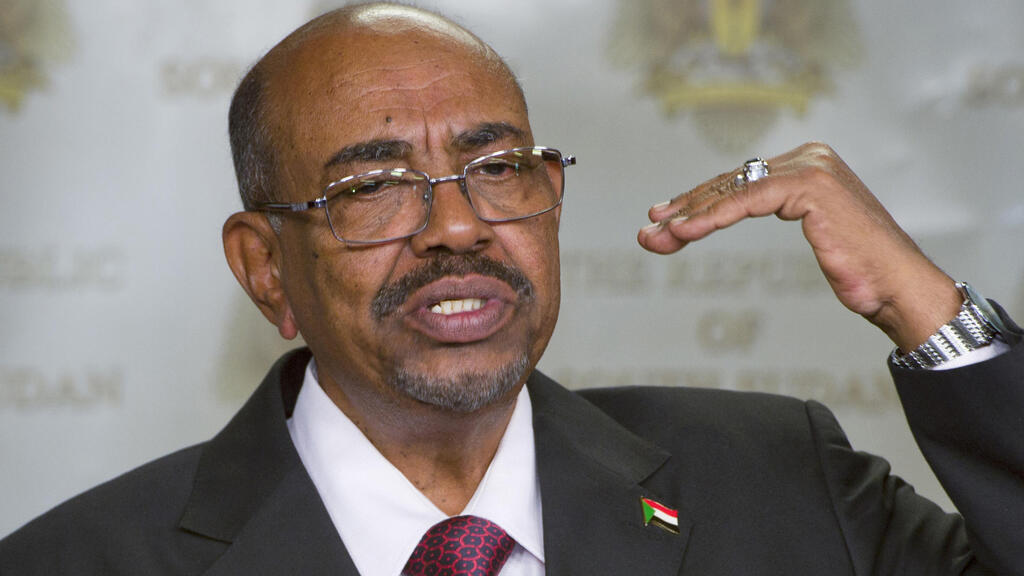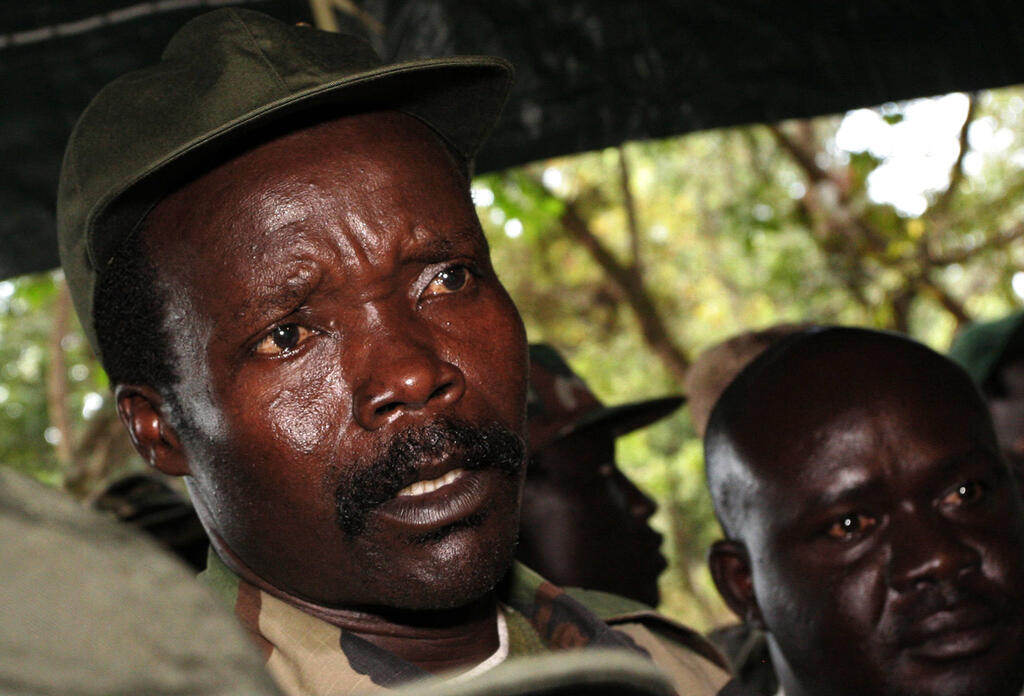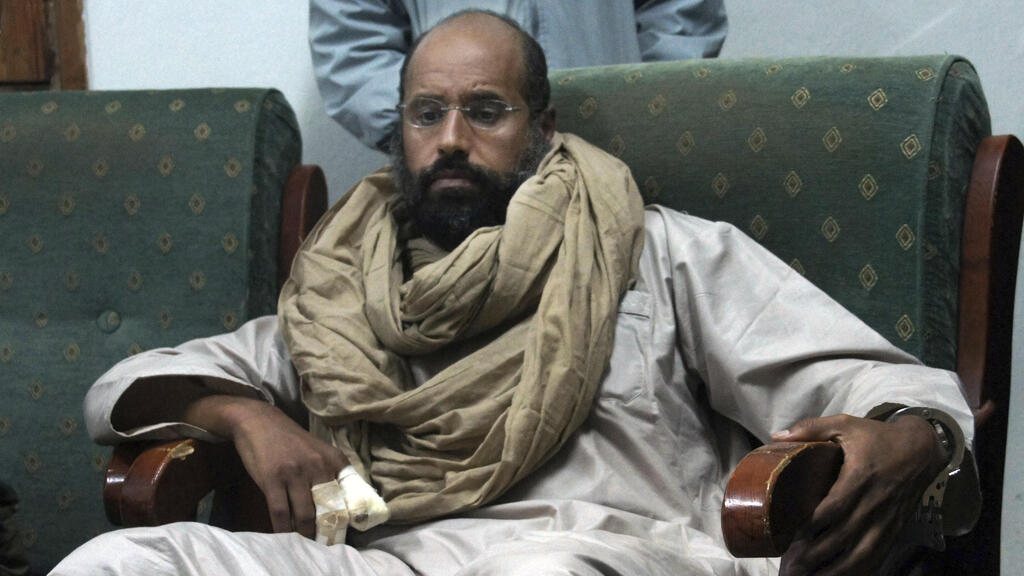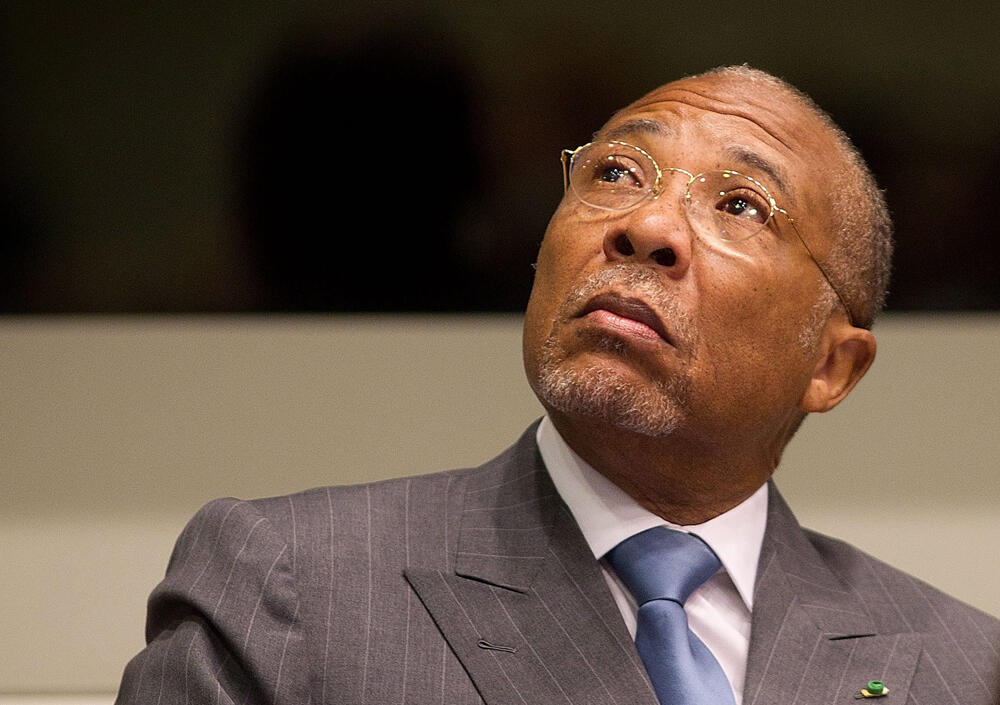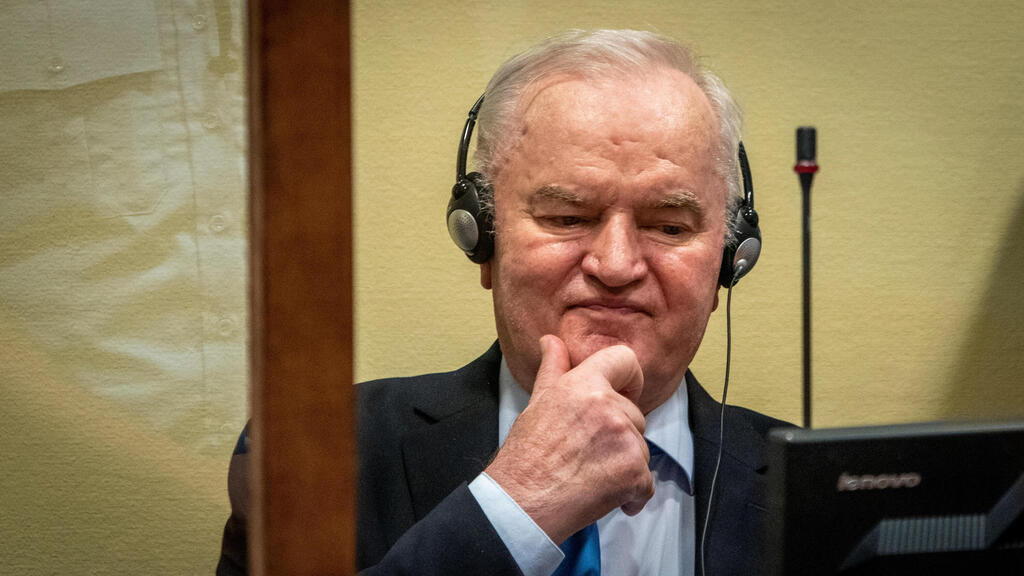Karim Khan, the chief prosecutor at the International Criminal Court in The Hague, On Monday asked for arrest warrants to be issued against Prime Minister Benjamin Netanyahu, Defense Minister Yoav Gallant and three Hamas leaders - Yahya Sinwar, Ismail Haniyeh and Muhammad Deif. He accuses the five of war crimes.
If the judges in The Hague approve the prosecutor's request, Netanyahu and Gallant, and the three top Hamas officials, will join the list of leaders wanted by the court.
7 View gallery
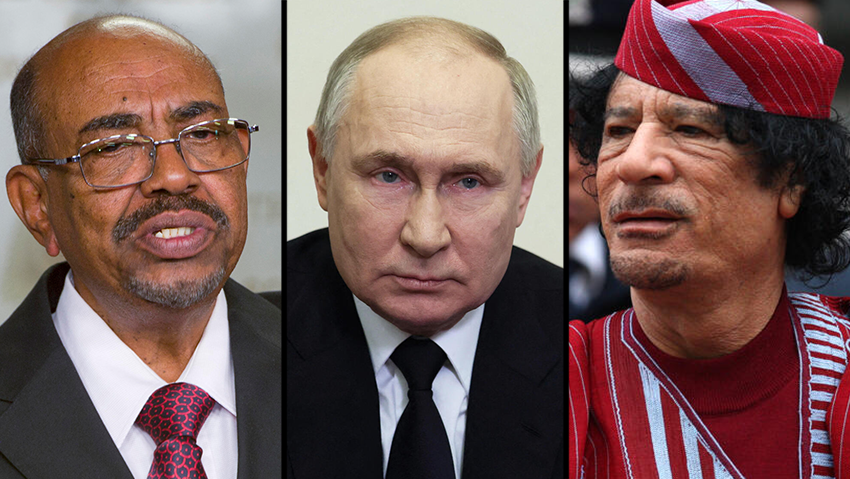

Moammar Gadhafi, Vladimir Putin, Omar al-Bashir
(Photos: Sodel Vladyslav/AP, Shutterstock, Sputnik/Mikhail Metzel/Pool via REUTERS)
Vladimir Putin: In March 2023, the Hague Tribunal issued an arrest warrant against the President of Russia, accusing him of illegally deporting hundreds of children from Ukraine to Russia - an offense which is defined as a war crime. The Kremlin has argued that the arrest warrant against Putin is meaningless, and has repeatedly denied the atrocities attributed to the Russian military since the invasion of Ukraine in February 2022. The arrest warrant against Putin was issued when Khan served as chief prosecutor.
Putin became the third president wanted by the Hague Tribunal during his term. The two other leaders were dictators Omar al-Bashir, the former ruler of Sudan, and the Libyan ruler Moammar Gadhafi - who was murdered more than a decade ago. Despite the arrest warrant, Putin left the borders of Russia - but visited mainly countries that are not members of the tribunal: Saudi Arabia, Kyrgyzstan and the United Arab Emirates. Putin skipped a trip to South Africa for a conference of the countries that are members of the BRICS organization because South Africa is a member of the tribunal, and the president feared the possibility of being arrested.
Each of the 124 member states of The Hague is obliged in principle to implement the arrest warrants if one of the wanted men arrives on their territory. The U.S., like Israel, is not a member of the court; therefore it will not be obliged to arrest Netanyahu or Gallant if they visit the country. However, visits by Netanyahu and Gallant to countries that are members of the European Union may be more dangerous for them.
As for the leaders of Hamas - it is not known where Sinwar and Deif are currently. Haniyeh, the head of the political arm of the terrorist organization, lives in Qatar and often comes to Turkey. Qatar and Turkey are not members of the court.
Omar al-Bashir: The court issued an arrest warrant against Omar al-Bashir in 2009, when he was still ruling Sudan, accusing him of genocide, crimes against humanity and war crimes in the Darfur region where it is estimated that 300,000 people were killed and more than 2 million displaced from their homes.
Despite the arrest warrant, Bashir left Sudan and even visited countries that are members of The Hague Tribunal, including Jordan and South Africa. Bashir and some of his allies were imprisoned in Sudan after the coup that ended his rule in 2019, but were never sent to The Hague. Last year, the Sudanese army announced that he had been transferred from prison to a military hospital.
Joseph Kony: The leader of the LRA rebel organization from Uganda has been wanted in The Hague since 2005. This year, in an unprecedented move, judges in The Hague allowed prosecutors to hold a hearing on the charges against the warlord in absentia. Prosecutors accuse him of 36 counts of war crimes and crimes against humanity, including murder and rape.
Saif al-Islam Gadhafi: In 2011, the Hague Tribunal issued an arrest warrant against Moammar Gadhafi, the ruler of Libya at the time, and his son Saif al-Islam. At the end of 2011, the year of the Arab Spring, the dictator was captured and murdered by an angry mob. A few days after his father was killed, Saif al-Islam was captured by fighters and held captive until 2017, when he was released under amnesty. After his release, Gadhafi 's son tried to run in the elections for the presidency of Libya. The elections that were supposed to be held in 2021 were postponed, and no new elections have been held since then.
Khan was the one who represented Saif al-Islam in his case at The Hague. He held that position for a little over a year, until he retired in 2018. Three years later he became the chief prosecutor at the court.
As part of the activities of the tribunals in The Hague (the criminal court is not the only one), several leaders and commanders have been convicted of war crimes: In 2012, a special UN court convicted Charles Taylor, who previously led Liberia, of war crimes and crimes against humanity. He was represented by Khan and was sentenced to life imprisonment.
In 2006, the former ruler of Yugoslavia, Slobodan Milosevic, died in custody while awaiting the end of his trial in The Hague. He was accused of genocide and crimes against humanity. Two years later, Radovan Karadzic, the leader of the Serbs in Bosnia, was arrested. A decade later he was sentenced to life imprisonment, for his part in the genocide in Srebrenica, a massacre in which about 8,000 Muslims were murdered. Three years later, the commander of his army, Ratko Mladic, was captured. In 2017 he was sentenced to life imprisonment in The Hague.


